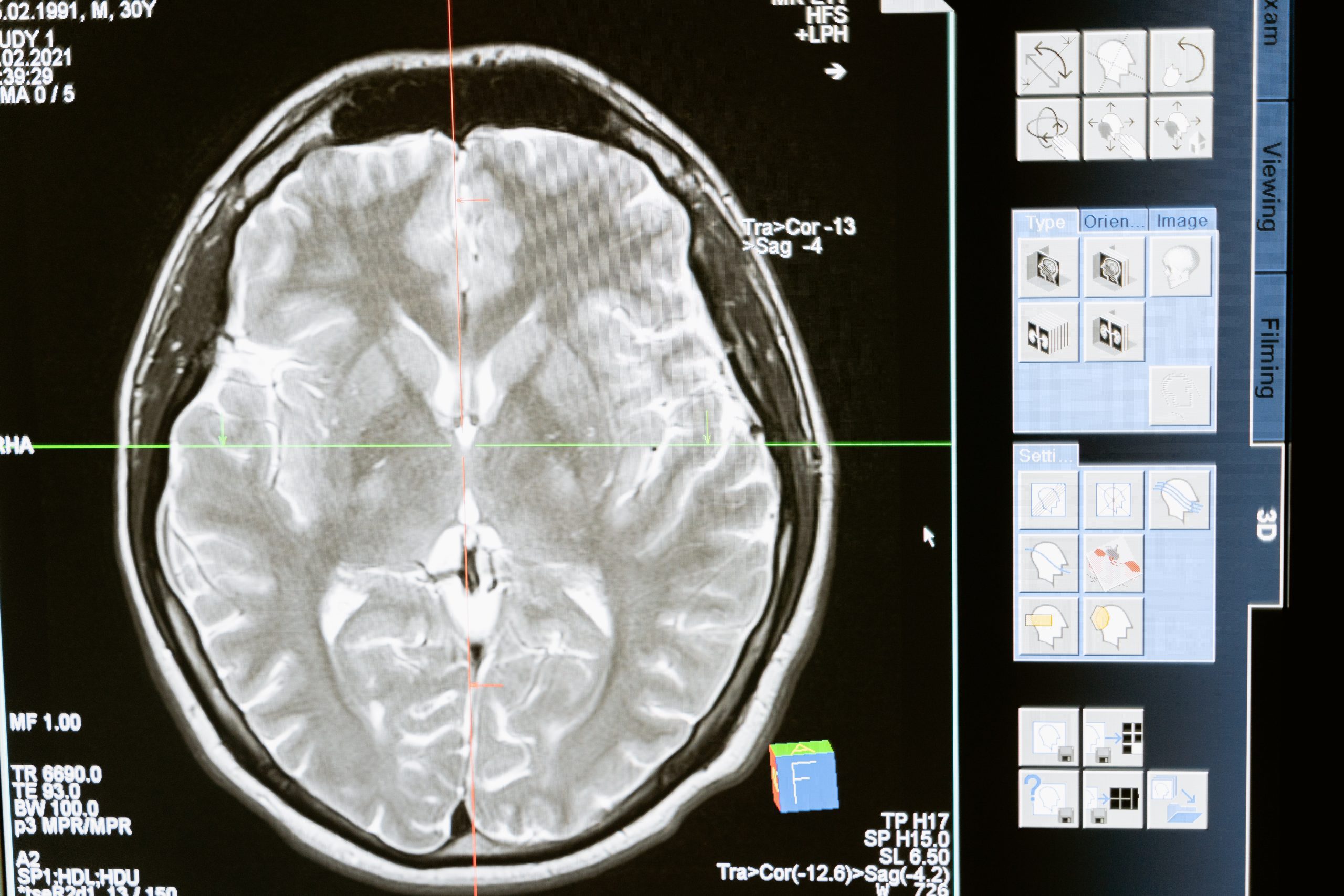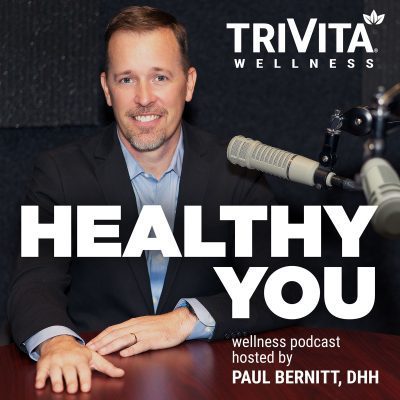Most of our adult lives are focused on working, saving and investing as much money as possible for our family’s future.
But not nearly enough emphasis is placed on creating and maintaining our health. And when you think about – what good is accumulating financial wealth, if we’re not healthy enough to enjoy our lives?
It makes no sense at all, yet this has been the case for millions of people in the Western world for a very long time. Perhaps you can relate?
Today, more than ever before in our history, people are waking up and taking back control of their health and wellbeing.
“If it’s to be, it’s up to me!”
That’s one of my personal sayings, and it applies to my health as well. I prefer to take good care of my body, so my body can take care of me.
As we all know – those of us who have lived long enough – we can mistreat (or neglect) our bodies while we’re young, without paying the piper. But sooner or later, the effects will start to show up, if we don’t do something different.
Little by little, imperceptible at first, we may start to notice how we get a little more agitated than we used to. Or our minds don’t seem as sharp as they once were. And if you have grandkids, I’ll bet your energy levels are not as high as when your children were young, right?

I remember my mother saying, “I’m glad the Good Lord gave me my children when I was young… because I sure don’t have the energy to do it now!” She said that on numerous occasions, as she watched me running around with my two, young sons like the Energizer Bunny.
Now that I have grandchildren of my own, I have a much better appreciation of what she meant. Life is such a great teacher, isn’t it? So we grow, we learn, and then we adapt. And when we know better, we do better.
Because I know that health is wealth, what can I do to take better care of my body? What can I give it, so I can live a long, happy and vibrant life? I put an emphasis on ‘vibrant’ because I don’t want to just live longer… I want to live healthy, while living much longer. I bet you feel the same way too!
We’re fortunate today to have so many amazing advancements in health care. We’ve come a long way and have experienced so many breakthroughs in science and medical technology.
While we’ve made great strides, there are still some very worrisome challenges to overcome. Challenges that often prevent us from living the joyful, healthy lives that we all want and deserve. The kind of health that
I believe is our birthright.
As we look at these challenges, there are some very positive things happening that you’ll want to know about. Knowledge is power—but only when we DO something with that knowledge.
I want to share some information about the culprit behind many chronic diseases that continue to plague so many people… chronic inflammation.

Chronic Inflammation and What YOU Can Do About It
First, let’s distinguish between ‘acute’ inflammation and ‘chronic’ inflammation. Acute inflammation is what happens when you cut your finger or get stung by a bee – or when bacteria gets into your system some other way.
What happens? Well, first you feel the pain, swelling, and redness. This is the intelligence of your body, rushing in to attack any foreign invaders. They will be quickly neutralized, and you’ll feel better very soon.
But what about inflammation that your immune system fails to eliminate quickly and, instead, morphs into a condition that can last for many months – or even years?
This is called chronic inflammation. It’s when your white blood cells attack nearby healthy tissues and organs (looking for the bad guys), which sets up a chronic inflammatory process.
Left unchecked, this inflammatory process plays a central role in some of the most challenging diseases of our time, according to a Harvard Medical School Guide, Understanding Inflammation:

- Heart disease
- Cancer
- Rheumatoid arthritis
- Asthma
- Diabetes
- Alzheimer’s
What Does Science Say About Chronic Inflammation?
Scientists suggest many factors contribute to chronic inflammation, including genetics, exposure to environmental toxins, and lifestyle factors.
There’s not much you can do about your genes. And it’s an ongoing challenge to avoid toxins, like polluted air, heavy metals, and pesticides… even though we do our best.
We can, however, make some lifestyle changes that are just common sense. We can make sure we eat healthy fats, instead of the unhealthy ones. We can avoid processed foods. We can exercise. And we can (and must) get plenty of sleep, so our body can restore itself.
Our body is an amazing vehicle, but it does require some TLC to run efficiently.
You’ve probably heard the old saying, “You are what you eat.” I feel there’s a lot of truth to that — and the British Journal of Nutrition agrees. In their May 2016 edition, they summarized a number of studies, supporting the notion that dietary polyphenols may lower inflammation in the body.
Which foods are high in polyphenols, you may ask? They include:
- Onions
- Red grapes
- Green tea
- Coffee
- Turmeric
- Cherries
- Plums
- Dark, leafy green vegetables (spinach, kale, collard greens)
And the Harvard Medical School Guide, Understanding Inflammation, suggests a few specific foods that provide healthy doses of omega-3 fatty acids, which have LONG been shown to reduce inflammation:
- Olive oil
- Flaxseed oil
- Fatty fish (salmon, sardines, and mackerel)
Now, this is amazing because omega-3s can cross the blood-brain barrier, so they may even help lower inflammation associated with Alzheimer’s disease and reduce the risk of stroke.

More Ways to Combat Chronic Inflammation
In addition to eating all the healthy foods we can, we can help our body by avoiding the bad stuff. Leave off the sodas, refined carbs, and processed foods as much as possible. Exercise regularly, manage your body weight (obesity is a risk factor for inflammation). Also, don’t smoke. And by all means… get enough sleep! You’ll also want to see your doctor and dentist for regular check-ups. Good oral health is mandatory to prevent inflammation. (See page 13 in the Harvard guide on inflammation.) If you don’t have one, just call us, and ask how to get yours. There’s a test you need to ask your doctor to run for you. Chances are s/he won’t offer it, but you can be assertive and ask for it. It’s very inexpensive and may reflect the level of inflammation in your body. What test, you ask?

CRP Blood Test for Heart Disease
C-reactive protein (CRP) test has been recognized in recent decades, as a potential measure of risk for heart disease. Scientists believe that atherosclerosis is the result of the process of damage, repair, and inflammation in the linings of the arteries.
Early detection is key to knowing what’s going on inside our bodies.
Even though tests for cholesterol provide a lot of useful information – about HALF of heart attacks occur in people with normal cholesterol numbers!
Several studies have shown that, among people with normal cholesterol numbers, those with increased CRP levels have a “several-fold” higher risk for heart problems.
Additional research has shown CRP to be a BETTER predictor of cardiovascular events than other inflammatory markers. These cardiac events include heart attacks, strokes, bypass surgery, and angioplasty. (See the Harvard guide for more details.)
Inflammation is no joke. The World Health Organization (WHO) ranks chronic diseases as the greatest threat to human health. And the prevalence of diseases associated with chronic inflammation is anticipated to increase persistently for the next 30 years in the United States.
125 million Americans were living with chronic conditions in 2012. And 61 million (21%) had more than one.
Nearly 60% of Americans had at least one chronic condition in 2014.
42% of Americans had more than one condition in 2014.
12% of adults had 5 or more chronic conditions in 2014.
Worldwide, 3 of 5 people die due to chronic inflammatory diseases like stroke, chronic respiratory diseases, heart disorders, cancer, obesity, and diabetes.

Time to Reclaim Responsibility for Your Health
Our natural state is health. It is our birthright. But our lifestyle choices, environmental toxins, and stresses of modern life ALL conspire to rob us of a vibrant, healthy and joyful life.
It’s time to reclaim yours. Time to put more emphasis on creating health than creating financial wealth… because health is wealth!
At TriVita, our commitment is to help you enjoy a healthy physical, emotional and spiritual life.
- We want to help you take care of your body because you only get one.
- We want to inspire you toward positive emotions that play a huge part in your health.
- We want to encourage you to live a life with meaning and purpose, as you attune to your Spiritual nature.
We’ve created a product that many people are finding helpful to combat the effects of chronic inflammation – Nopalea. Check it out, and see what you think. We’re just a phone call away, if you have any questions.
It’s our honor to serve you.










Great content! Super high-quality! Keep it up! 🙂